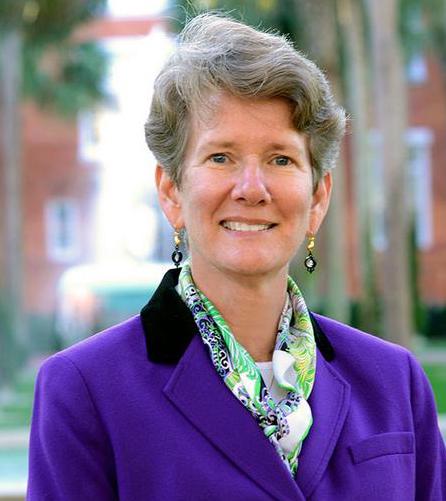
The debate over the cost of higher education is nothing new, and the skepticism from prospective students and families regarding the actual value of a college degree continues to grow. This despite the research that demonstrates virtually every aspect of life and community is improved by higher education.
Especially troubling is that understandably cost-sensitive and merit-award-driven students and families increasingly prioritize the biggest scholarship over the particular educational experience that will bring the individual student the most lifetime value.
With the commoditization of higher education, differences between the wide array of colleges and universities have become blurred. This further reinforces the cost myopia and bargain hunting of students and families, who are less and less clear about their choices and the educational experience that will best engage and ignite the individual student.
How can colleges and universities support students and families in balancing college cost pressures with making a proactive and informed college choice that creates lifelong value? Based on work over the past two years at Capital University in addressing this challenge, I offer some insights to help advance this important conversation.
Flip the ‘cost’ conversation
College and university pricing has become confused and confounded by consumerism and behavioral economics. Price signals quality, scholarships signal student desirability, and the biggest scholarship wins. Understandably, for many students and families, the perceived cost of higher education can be an immediate barrier—with the “sticker price” particularly confusing for those considering private vs. public education.
While the majority of our students receive university-funded financial aid, we continually run into this misconception from prospective students who feel they simply cannot afford a private-school tuition. Especially tricky are the students who feel caught in the middle, financially, fearing they have neither the level nor need nor the elite academic prowess to qualify for scholarships that will make private college accessible.
So, how can institutions like ours get another look from students tempted to walk away based on cost alone, or worse, never consider us in the first place? Make a bold statement about mission and values, and invite students and families to see themselves in this vision.
At Capital, we recently unveiled what we’re calling the Good Guarantee, ensuring that undergraduates whose parents or guardians work in the nonprofit or public-service sectors will pay no more than half tuition.
Our research found that these are often students from middle-class families who feel the most pressure between tuition costs and access to financial aid, and are least likely to consider private higher education. Capital is a private institution with strong public values and so we wanted to lessen these students’ burden and connect with their values.
The initiative is brand new, but it has already received a lot of positive attention from families who might not have considered us otherwise. It has also opened new corporate and community partnerships inspired by and centered in our mission.
‘Walk the walk’ regarding recruitment
Making a poor college choice is very costly. In prioritizing the best bargain over making a student-centered choice, far too many students and families are compromising the potential value of a personally engaging college experience that supports student success.
Institutions that are successful at recruitment and retention are able to be clear about the type of student they’re seeking, and selective when shaping their final classes. Yet financial aid leveraging models predominantly prioritize traditional academic performance metrics, leading us to compete for the same set of high-achieving students. As a result, we cast a relatively limited net into a pool of valuable prospective students who have an abundance of untapped potential waiting to be discovered.
Based on detailed research, Capital has put a stake in the ground regarding the diverse array of purpose-minded students who thrive here, and we design recruitment and scholarship models that connect meaningfully with them. Pursuing “good” is at the center of our learning community and helps inspired students find their place.
Celebrate good
Institutions should showcase students, faculty, staff and alumni who embody the university’s true essence and engage a whole new generation of impactful leaders. The Capital community embodies the research that shows clearly the strong impact of purpose and passion in life and work success. These “lead by example” stories communicate powerfully to prospective students and families.
In our case, we are very intentional about highlighting graduates who have pursued purpose-centric paths instead of just a paycheck. There’s Joe DeLoss, who founded popular Ohio-based eatery Hot Chicken Takeover and trains, employs and empowers the previously incarcerated or homeless.
Alumna Madison Mikhail-Bush recently founded Point App, which connects people who want to volunteer with their best-fit local nonprofits.
Capital University Law School alumna Mindy Yocum serves those who can’t afford legal counsel, after enduring years of legal trouble when her husband was nearly killed in a robbery.
These are just a few examples of graduates who are achieving success and doing good. They are Purpose-Ready and there is great value in that.
Elizabeth Paul has been president at Capital University in Columbus, Ohio, since July 2016.





